7, December 2023
Football: Pele’s former club Santos relegated for first time in 111-year history 0
Santos, Brazil legend Pele’s former club, have been relegated for the first time in their 111-year history.
A 2-1 home defeat by Fortaleza in their final league match of the season meant they dropped out of Serie A, Brazil’s top flight.
Santos won 12 state titles, six league titles and two Copas Libertadores during their golden era of the 1950s and 60s.
Three-time World Cup-winner Pele died at the age of 82 last year.
Santos, who also produced Brazil’s record scorer Neymar, have suffered financial problems in recent years.
Heading into the final game of the season, America Mineiro, Coritiba and Goias had been relegated.
With Santos level at 1-1, Vasco da Gama – drawing 1-1 with Red Bull Bragantino – occupied the fourth relegation spot in the 20-team division.
But Serginho scored for Vasco in the 82nd minute and a stoppage-time winner from Fortaleza’s Lucero left Santos one point adrift of safety.
Palmeiras were crowned champions for the second season in a row – and 12th in total – thanks to a 1-1 draw at Cruzeiro.
Flamengo and Sao Paulo are the only remaining sides who have never been relegated.
Source: BBC
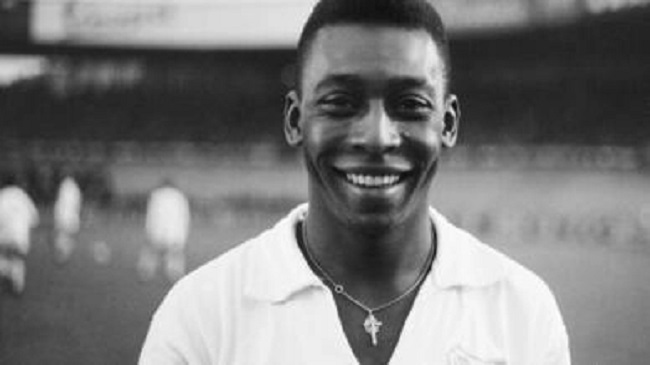
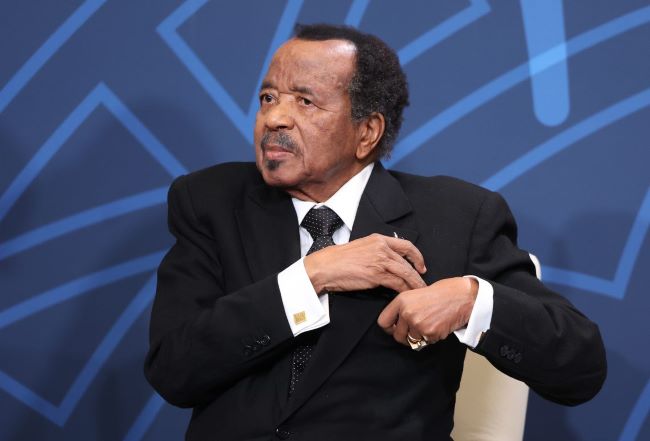

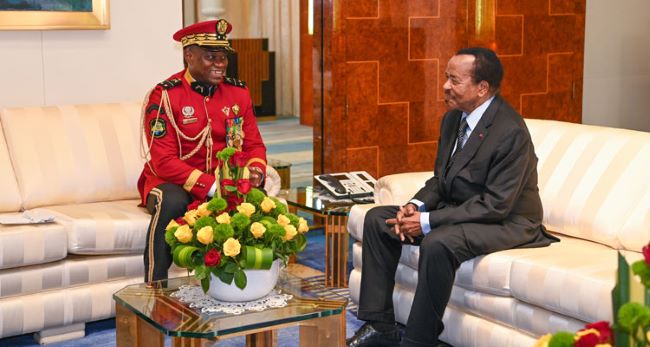
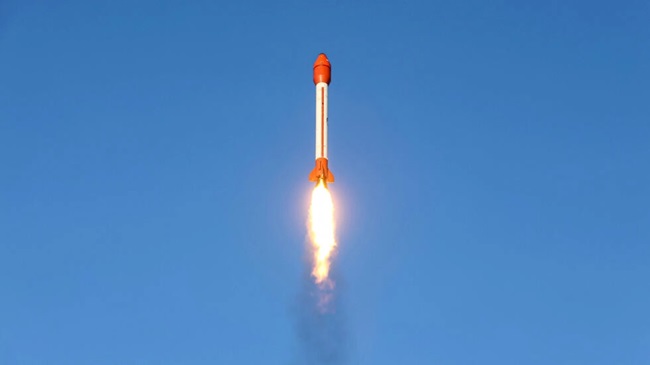

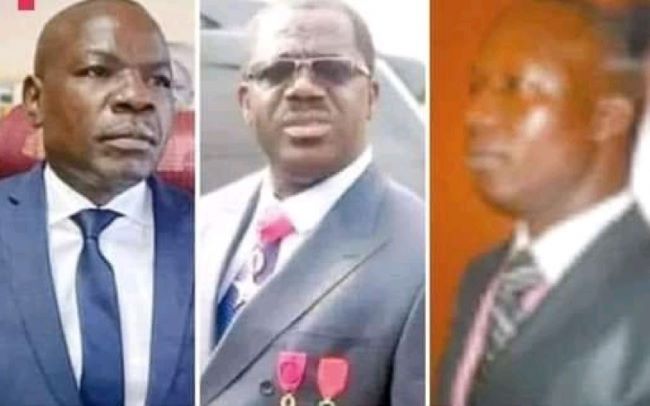


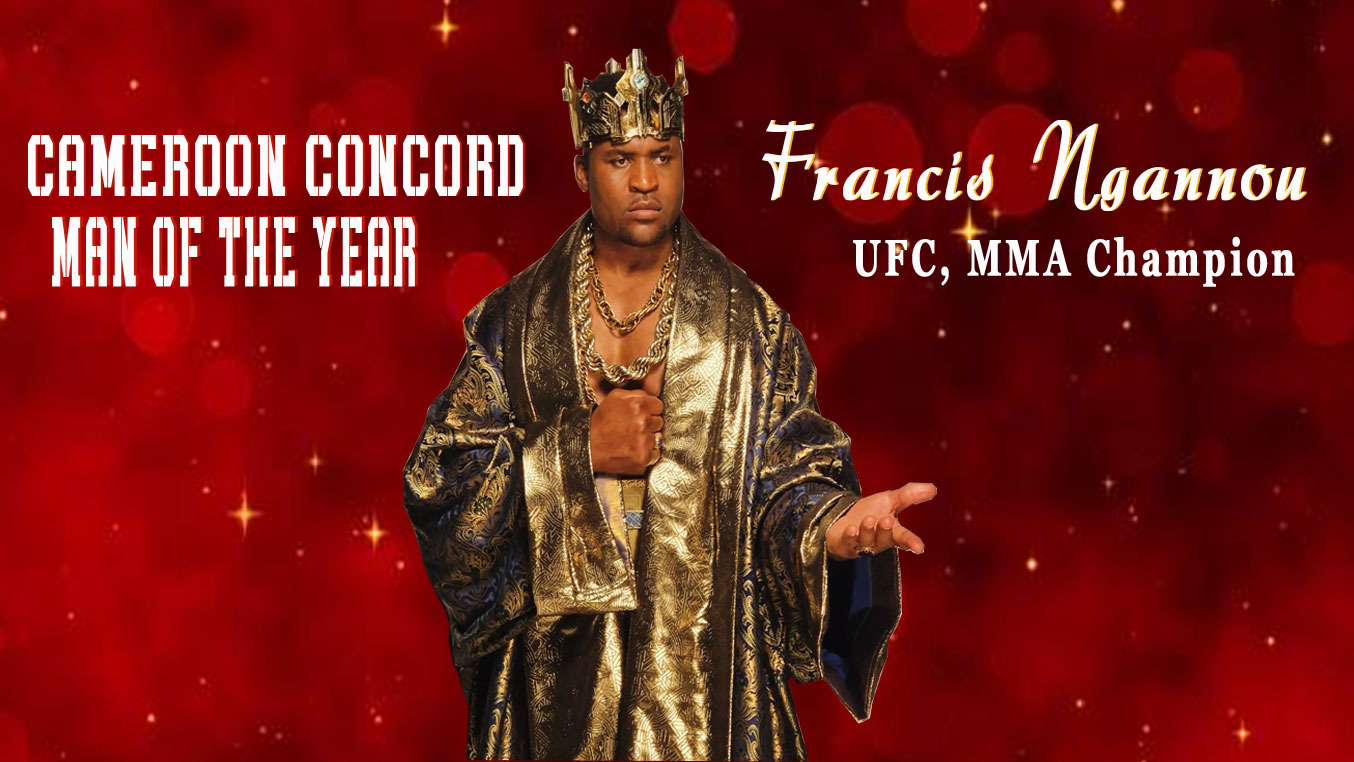
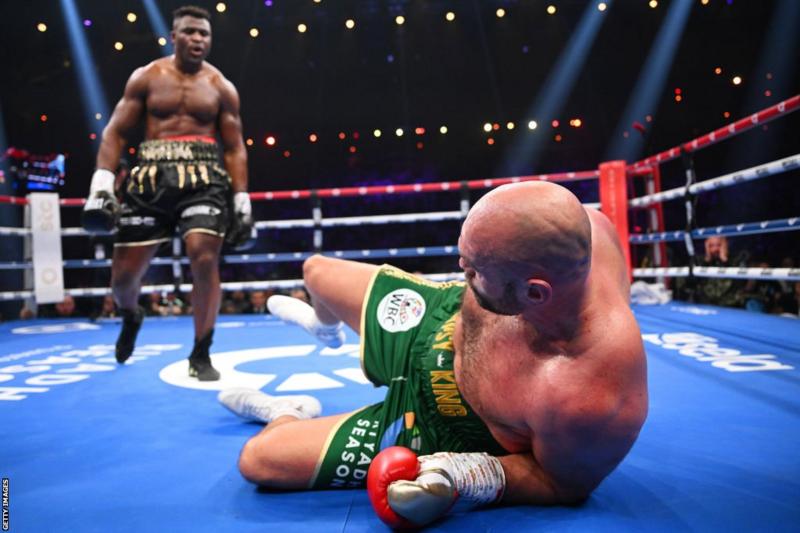
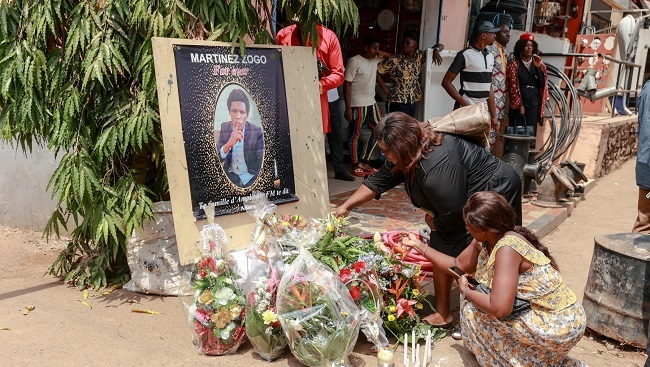


















8, December 2023
Moscow: Putin announces presidential candidacy in 2024 elections 0
Vladimir Putin on Friday moved to prolong his grip on Russia for at least another six years, announcing his candidacy in the presidential election next March that he is all but certain to win.
Putin still commands wide support after nearly a quarter-century in power, despite starting an immensely costly war in Ukraine that has taken thousands of his countrymen’s lives, provoked repeated attacks inside Russia – including one on the Kremlin itself – and corroded its aura of invincibility.
A short-lived rebellion in June by mercenary leader Yevgeny Prigozhin raised widespread speculation that Putin could be losing his grip, but he emerged with no permanent scars.
Putin announced his decision to run in the March 17 presidential election after a Kremlin award ceremony, when war veterans and others pleaded with him to seek re-election.
“I won’t hide it from you – I had various thoughts about it over time, but now, you’re right, it’s necessary to make a decision,” Putin said in a video released by the Kremlin after the event. “I will run for president of the Russian Federation.”
Tatiana Stanovaya of the Carnegie Russia Eurasia Center noted that the announcement was made in a low-key way instead of a live televised speech, probably reflecting the Kremlin’s spin effort to emphasize Putin’s modesty and his perceived focus on doing his job as opposed to loud campaigning.
“It’s not about prosperity, it’s about survival,” Stanovaya observed. “The stakes have been raised to the maximum.”
About 80% of the populace approves of Putin’s performance, according to the independent pollster Levada Center. That support might come from the heart or it might reflect submission to a leader whose crackdown on any opposition has made even relatively mild criticism perilous.
Whether due to real or coerced support, Putin is expected to face only token opposition on the ballot.
Putin, 71, has twice used his leverage to amend the constitution so he could theoretically stay in power until he’s in his mid-80s. He is already the longest-serving Kremlin leader since Soviet dictator Josef Stalin, who died in 1953.
In 2008, he stepped aside to become prime minister due to term limits but continued calling the shots. Presidential terms were then extended to six years from four, while another package of amendments he pushed through three years ago reset the count for two consecutive terms to begin in 2024.
“He is afraid to give up power,” Dmitry Oreshkin, a political analyst and professor at Free University of Riga, Latvia, told The Associated Press this year.
At the time of the amendments that allowed him two more terms, Putin’s concern about losing power may have been elevated: Levada polling showed his approval rating significantly lower, hovering around 60%.
In the view of some analysts, that dip in popularity could have been a main driver of the war that Putin launched in Ukraine in February 2022.
“This conflict with Ukraine was necessary as a glue. He needed to consolidate his power,” said commentator Abbas Gallyamov, a former Putin speechwriter now living in Israel.
Brookings Institution scholar Fiona Hill, a former U.S. National Security Council expert on Russian affairs, agrees that Putin thought “a lovely small, victorious war” would consolidate support for his reelection.
“Ukraine would capitulate,” she told AP this year. “He’d install a new president in Ukraine. He would declare himself the president of a new union of Belarus, Ukraine and Russia over the course of the time leading up to the 2024 election. He’d be the supreme leader.”
The war didn’t turn out that way. It devolved into a grueling slog in which neither side makes significant headway, posing severe challenges to the rising prosperity integral to Putin’s popularity and Russians’ propensity to set aside concerns about corrupt politics and shrinking tolerance of dissent.
Putin’s rule has spanned five U.S. presidencies, from Bill Clinton to Joe Biden. He became acting president on New Year’s Eve in 1999, when Boris Yeltsin unexpectedly resigned. He was elected to his first term in March 2000.
When he was forced to step down in 2008 by term limits, he shifted to the prime minister’s post while close ally Dmitry Medvedev served as a placeholder president.
When Putin announced he would run for a new term in 2012 and Medvedev submissively agreed to become prime minister, public protests brought out crowds of 100,000 or more.
Although Putin has long abandoned the macho photo shoots of bear hunting and scuba diving that once amused and impressed the world, he shows little sign of slowing down. Photos from 2022 of him with a bloated face and a hunched posture led to speculation he was seriously ill, but he seems little changed in recent public appearances.
“He’s a wartime president, is mobilizing the population behind him,” Hill said. “And that will be the message around the 2024 election, depending on where things are in the battlefield.”
Source: AP